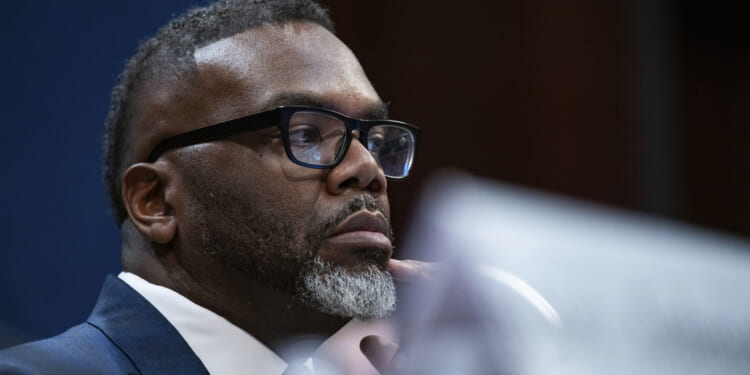New taxes on Uber, automatic property tax hikes and higher liquor taxes are all being pushed as Chicago leaders seek to spend $1 billion more than they will have.
Chicago is short by $1 billion what it wants to spend in its upcoming budget, so a city task force recommended new or higher taxes and fees on rideshares, property taxes, liquor and more.
They issued a report with dozens of ideas to raise $630 million to $1.6 billion in new revenue. Here’s a look at five of the recommendations.
Liquor tax based on price
Instead of paying a fixed tax per gallon, Chicagoans would pay taxes on liquor based on the price. That’s expected to bring in between $60 million and $120 million for the city.
Raise rideshare surcharge
Uber and Lyft rides could soon cost more, with a higher city surcharge projected to bring in between $26 million and $103 million. Downtown office vacancy is at 60% of pre-pandemic levels, and an expensive Uber or Lyft would give people another reason to avoid downtown.
Property taxes rise with inflation
Property taxes could automatically go up every year with inflation, adding another $56 million in revenue without aldermen having to take a recorded vote. The report acknowledges Chicago already has some of the highest commercial property taxes in the nation, and hiking them even more would hurt investment in the city.
Hiking garbage collection fee
Raising the garbage fee to match costs could generate between $19 million and $296 million annually – one of the largest potential hikes on the table.
Boost bottled water tax
The city already charges a 5-cent tax per bottle of water. Raising it could generate $8 million to $28 million in new money each year.
The task force report acknowledges these measures would “require short-term sacrifice” but argues they are necessary to stabilize city finances and avoid cuts to core services.
Mayor Brandon Johnson has claimed the city has a revenue problem, but city spending has grown at twice the rate of other large cities.
These proposals amount to the same old playbook: rather than streamlining government, leaders are again reaching deeper into taxpayers’ pockets. Chicago’s structural deficit is driven by rising pension and personnel costs that have grown faster than revenues for a decade, as well as from using temporary funds to create permanent costs.
No matter how much taxpayers give up, Chicago leaders will certainly find a way to spend more.










